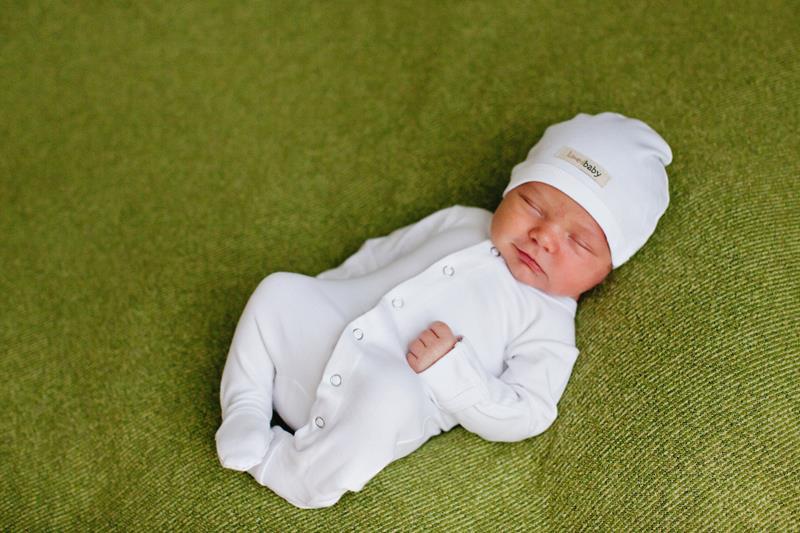I took an Adult Roles class in high school. Many topics were covered in this two-trimester-long class, one of which was child safety. I distinctly remember my teacher telling a story specifically about yelling. She told us that one day, her and her young son were leaving the grocery store and her boy didn’t bother stopping to make sure all of the cars were going to stop before proceeding to cross the street to their car. She was fumbling in her purse in the cart looking for her car keys and didn’t notice he had kept moving on without her. She looked up just in time to see that he had, in fact, made his way into the road and a car was fast approaching. She yelled incredibly loud, “JORDAN, STOP!” And he was so scared by the sound of her yelling that, without even seeing the car, he ran straight back to her as quickly as he could.
Petunia Pickle Bottom Balance Backpack
She attributed this reaction to the fact that she very rarely yelled. He wasn’t accustomed to that loud and anxious of a sound coming out of his mother’s mouth. So he immediately listened because he instinctively knew he needed to take her seriously. His fight or flight response kicked in and he ran straight to where he felt the safest--his mom. Had she been a frequent yeller and it was common to hear her raise her voice, perhaps he wouldn’t have been so quick to listen to her and the situation could’ve easily been fatal. This story has always stuck with me. And the reason why I share it now is because my husband fits perfectly into this category. He has a definite “dad voice” but the only times I’ve ever heard him actually yell involved the immediate safety of our children. And even though I’ve recently started working on reducing the amount of yelling I do, our kids reactions to my husband’s yelling compared to my yelling are so very different. Here’s a quick example of some probable thoughts running through my children’s’ minds when either of these happen: I yell: “Mom’s yelling again. I guess I should probably stop misbehaving.” Dad yells: *immediately starts crying* “Did Dad just yell? There’s no way I’m ever doing that again!” Now, even though my husband doesn’t yell often, there are still situations where I know he’s short tempered or feeling the need to take control of a situation. And although I don’t have experience with a high-tempered husband, I can easily see how things could get out of hand and be very difficult for women dealing with husbands who have a hard time cooling down, specifically when children are involved. We all know by now (likely from having someone tell us ourselves) that saying the words “calm down” don’t actually do anything. So what are some other methods to use to defuse the situation?
- Team up so one parent doesn’t have to do the brunt of the disciplining
- Respect
- One spouse removes themselves and the children while the other cools down
- Explain (maybe when things are already settled down) any frustrations at how certain things may have been handled
- Keep a “big picture” prospective
- Just because one parent starts to yell doesn’t mean both need to
- The Golden Rule
- Try to keep in mind the effects yelling has on children
- Come up with a plan of action for when high stress situations occur
- Save yelling for when it’s needed






